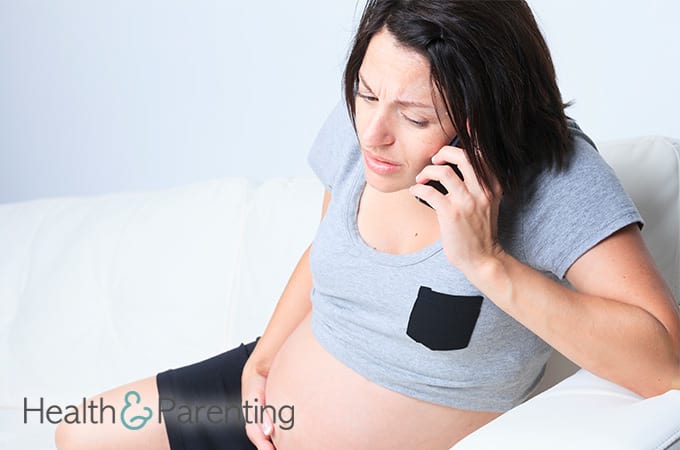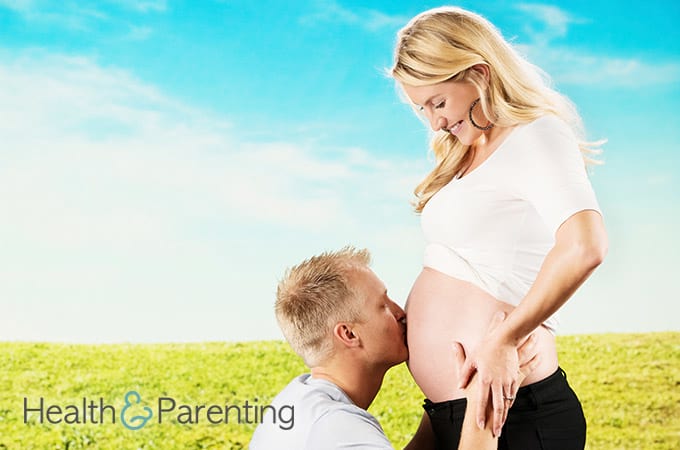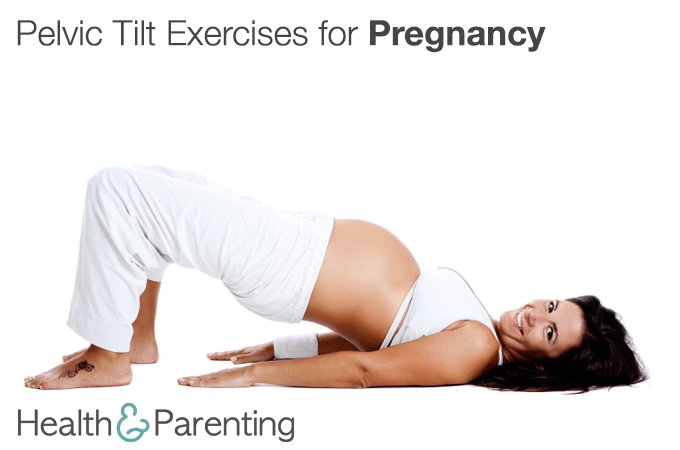Pregnancy is definitely one of the most amazing times in a woman’s life. Not only are you finally acquainted with just how powerful your female body is, but you are also in a constant state of hopeful dreaming about what the future will be like when your baby arrives.
The first trimester can also be a confusing time for a pregnant woman. One moment you may feel so attuned to the various changes in your body that you are aware of every little ache, pain and twinge – and at other times, you may feel on the brink of disbelief that you are truly pregnant because you don’t feel (or look) very much different than you did prior to conception. Add some hormones to the mix, and you have a recipe for anxiousness that can lead you to worry about every little thing.
For thousands of women, spotting during pregnancy causes them to worry excessively about their pregnancy and sends them scouring the Internet for answers to the question, “Is spotting during pregnancy normal?”
According to major online medical sources such as WebMD and LiveStrong – spotting during pregnancy isn’t necessarily something to be alarmed about and occurs in around 20-30% of all pregnancies during the first trimester. In fact, many women may have what they think is an irregular period, or spotting after conception when the embryo embeds into the uterine lining (called implantation), which can cause bleeding and discomfort often likened to a ‘light period.’
This first trimester spotting can be caused by a variety of reasons such as implantation, infection, hormonal changes, and cervical sensitivity due to increased blood flow. (Such as after intercourse) If you do experience spotting, you should make sure that you wear a pad (nothing should be inserted into the vagina), lie down and rest, make sure that you drink extra fluids and give your health care provider a call. Chances are they will just tell you take it easy for a few days. If you are past the 10 week mark, they may schedule you for an appointment to come in and see if the heartbeat can be picked up by a Doppler device, or for an early ultrasound. However, as long as you don’t experience heavy bleeding, the passing of a lot of tissue and severe cramping, your bleeding could be inconsequential. That being said, if any of those latter symptoms DO occur, you should call your doctor immediately or go to your nearest ER.
As the pregnancy progresses into the 2nd and 3rd trimester – spotting becomes something more to worry about. The American Pregnancy Association recommends that any woman spotting in late pregnancy visit a physician immediately to check for medical conditions that could threaten the pregnancy. Conditions such as placenta previa, vasa previa, placental or uterine abruption, or even early labor could be the underlying cause.
The most important thing to remember is that pregnancy is different for every woman. Some women spot. Others don’t. Personally speaking, I spotted with one pregnancy from the first trimester through the second trimester and had no spotting at all during my other two pregnancies. While the fear of miscarriage is likely not far from the front of your mind, you will feel better if you can learn to relax and enjoy your pregnancy as much as possible. Listen to your intuition and never be afraid to contact your health care provider if you are worried about something, as that is exactly why you have them.
Written By Stef, Mom of 4 @Mom-Spirational
This information is not intended to replace the advice of a trained medical doctor. Health & Parenting Ltd disclaims any liability for the decisions you make based on this information, which is provided to you on a general information basis only and not as a substitute for personalized medical advice. All contents copyright © Health & Parenting Ltd 2018. All rights reserved.





















